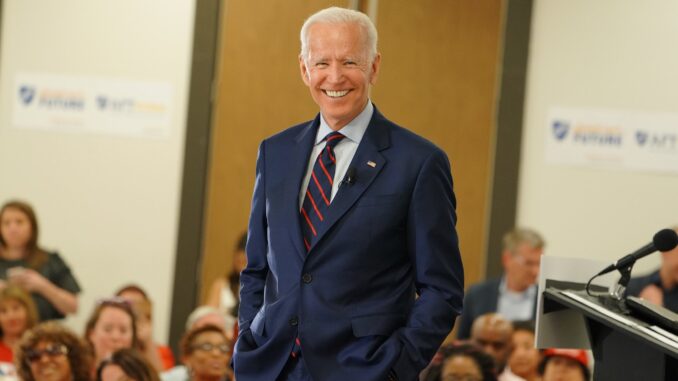
Reprinted from The Atlantic by Ronald Brownstein on May 6, 2021.
“Some of the changes are obvious,” writes Ronald Brownstein in The Atlantic, “compared with the economic strategies of former Presidents Bill Clinton and Barack Obama, Joe Biden is proposing more new spending and more new taxes than either of his Democratic predecessors, and he’s abandoned their support for negotiating new free-trade agreements.
“But Biden is also diverging from his predecessors’ approaches in ways that have drawn much less attention—yet may prove even more consequential. Particularly on racial-, gender-, and class-inequality issues, Biden’s separation from those past presidents reflects both an evolution in thinking among Democratic-leaning economists and a bet that boldness may be a better political strategy than moderation.
“The effect is that the Biden administration’s analysis of the economy is converging with that of the Democratic Party’s liberal wing, which felt largely excluded in the Clinton years and only slightly more welcome during the Obama presidency. ‘There’s a huge change, really quite dramatic,’ says Robert Reich, who served as Clinton’s labor secretary but later became a leading liberal critic of the party’s centrist wing. ‘There’s a much closer continuity between Clinton and Obama than between even Obama and Biden.’ …




